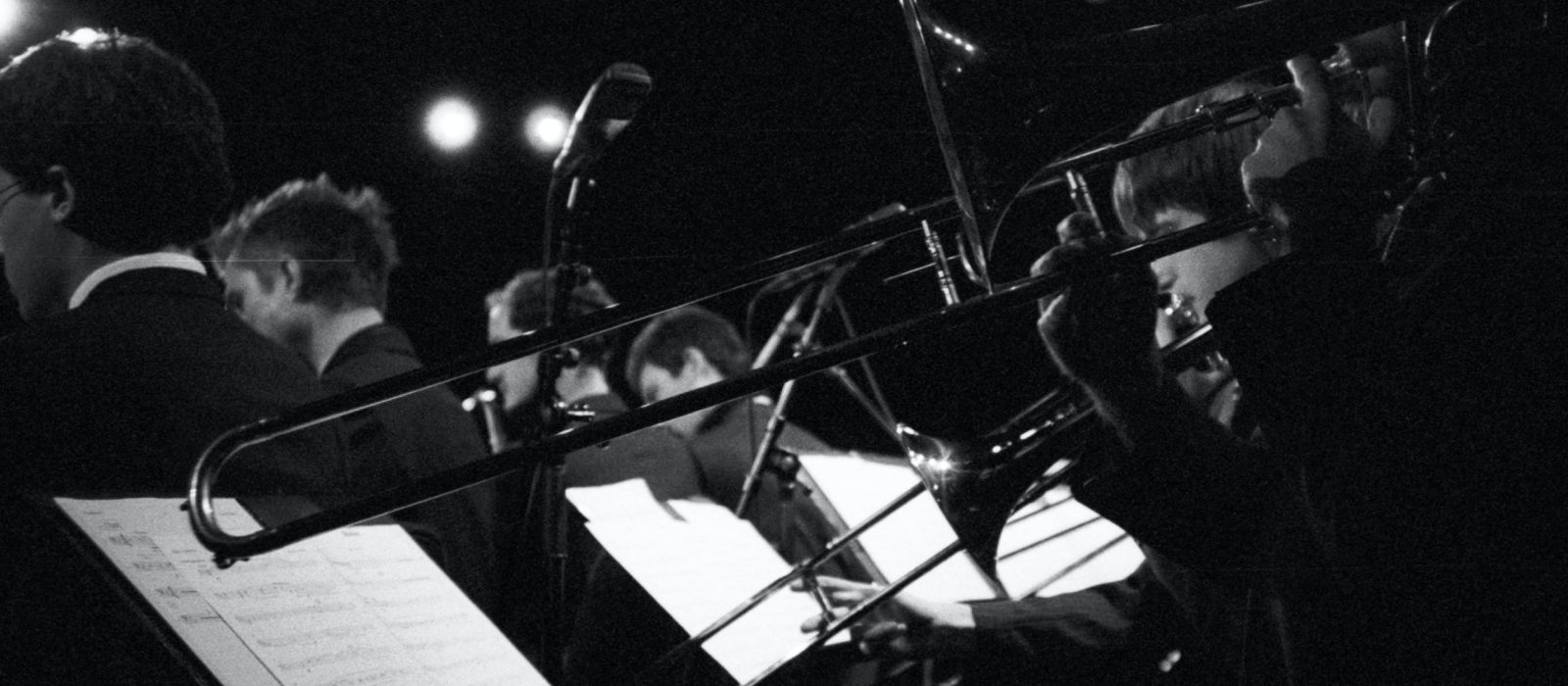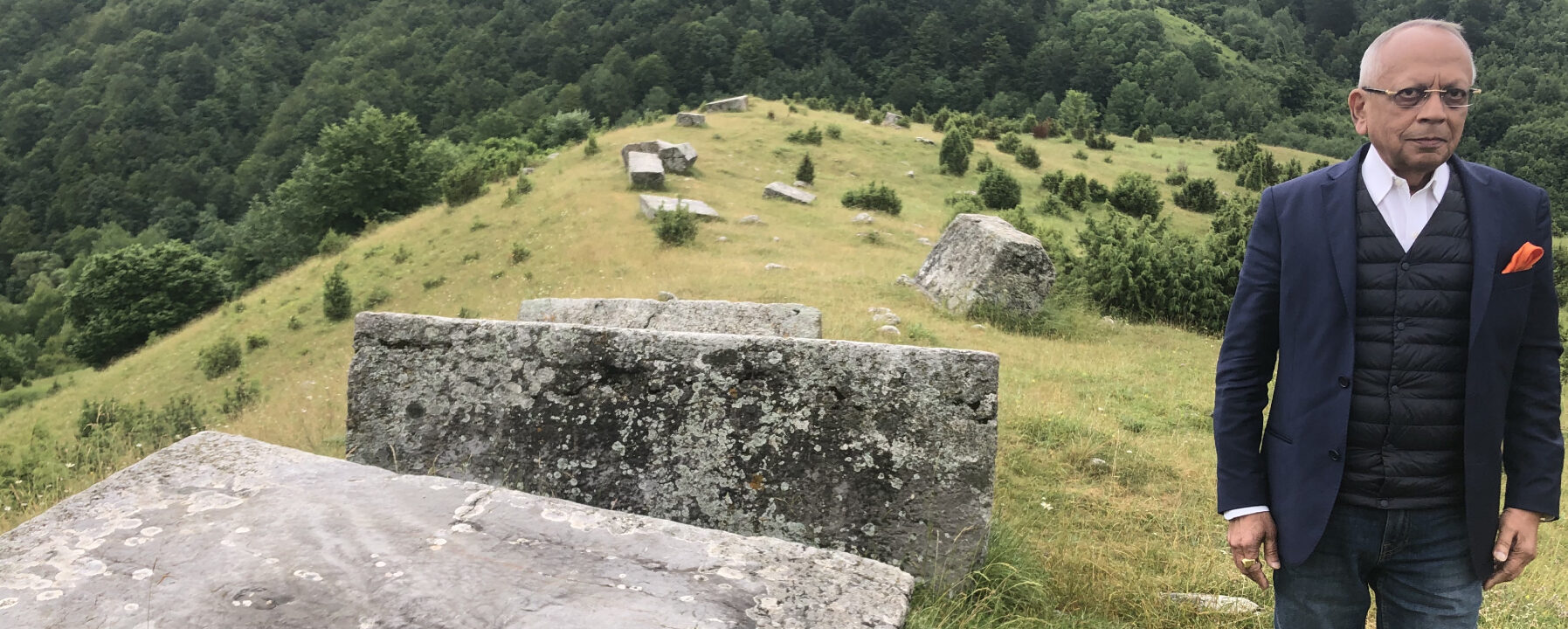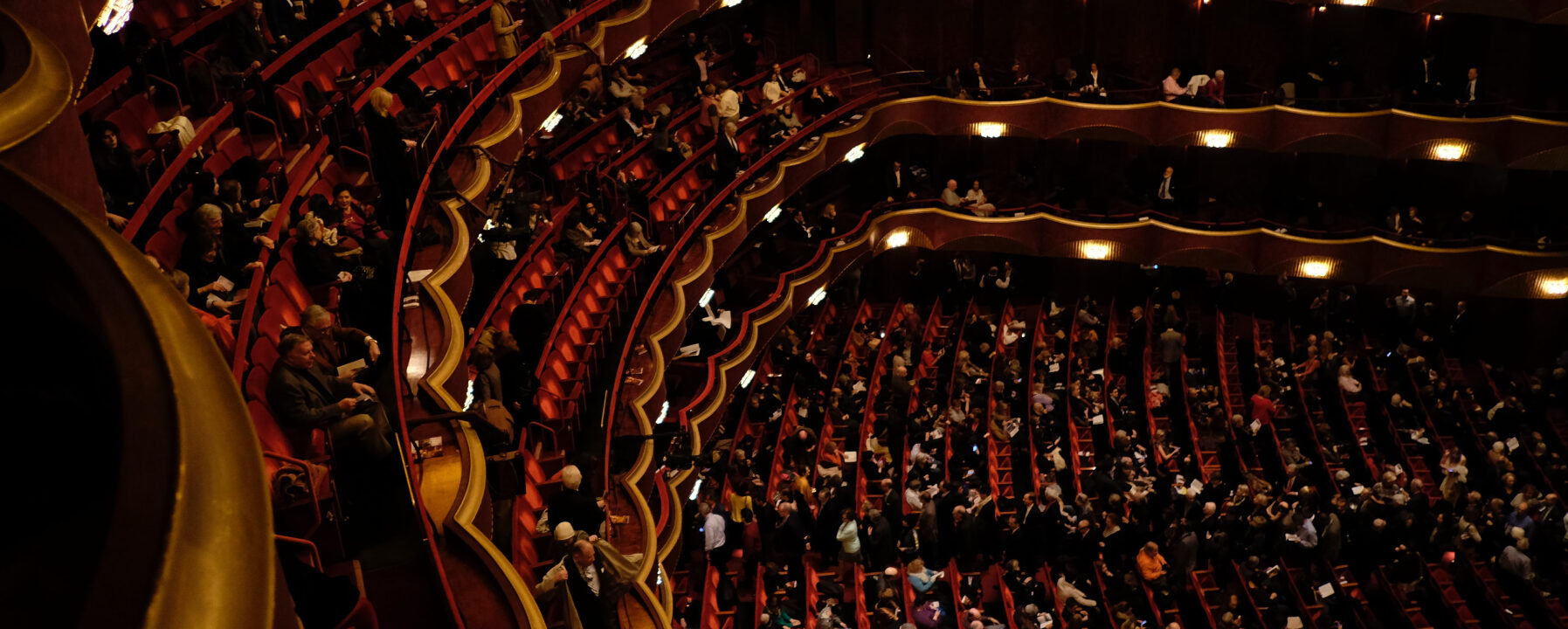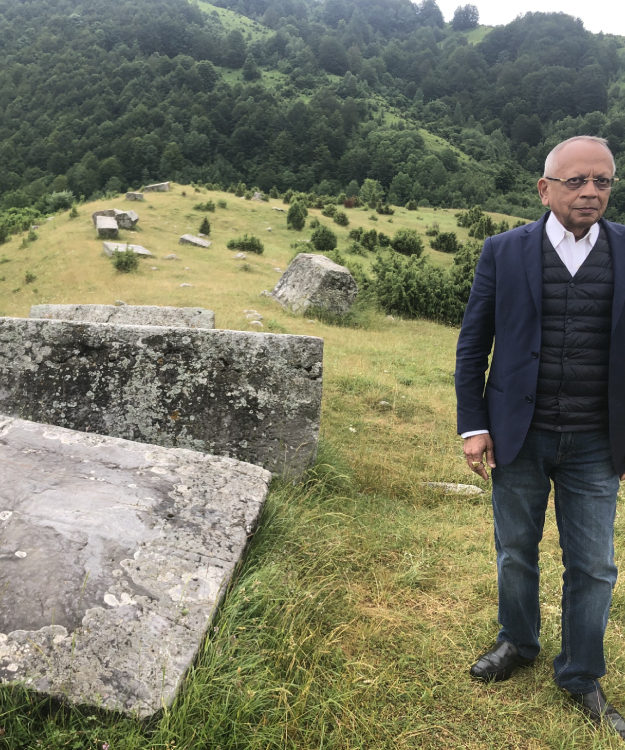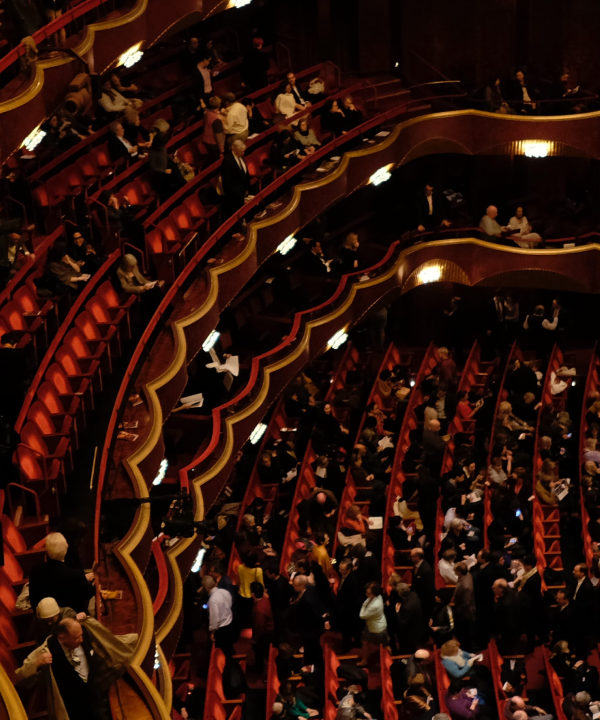I have had the privilege of hearing most of the world’s renowned Requiems by Verdi, Faure, Haydn and Mozart , the experience greatly enhanced by the splendor of the concert halls of Milan, London, Madrid and Vienna. But the one that truly touched my soul was Brahm’s A German Requiem, one of the world’s foremost pieces of sacred music performed by The New York Philharmonic Orchestra at The Lincoln Center in NY.
The only other time I was so haunted by this particular piece of music was last year in the The Black Church in Brasov – a small town in Romania. My interest in Western sacred music was most definitely caused by my Jesuit upbringing. The Jesuits formed the largest single religious order of the Catholic Church. They were devoted to missionary and education work and believed that reform in the church began with the reform of the individual. South Asia is home to the majority of Jesuit schools in the world going back to the 16th C when St Francis set foot in India. The Jesuit priests in the Bangalore schools instilled shades of both the Old Testament and the New Testament in almost everything they taught. Jesuits view the formation of moral and religious values as central to education and recognize that each discipline reveals something of the sacred. The morning catechism and optional mass which we attended left an indelible and lasting impression on both the mind and the soul. The pealing of the church bells still resonate with me after all these years.
Johannes Brahms worked on A German Requiem over many years unveiling it ultimately as a 7-movement piece in 1869 when he was 28 years old. He invented a format that was without precedent in the history of Requiems. This is not a liturgical requiem using the preordained Latin text of the Roman Catholic Mass. In A German Requiem Brahms wanted to convey the idea that there are many possible ways to remember the dead. Unlike Latin requiems , A German requiem involves personal choice. Brahms’ intention was not to pattern his Requiem after the Latin Mass for the dead, nor to proclaim false hopes for resurrection. Instead it is a work of consolation for those left behind.
A German Requiem is recognized as one of the most extraordinary spiritual compositions ever written. In the most important addition of the 7th movement he had his mother in mind from the text from Isaiah : “I will comfort you , as one whom his mother comforts.” Without the 7th movement, the world lacks the whole point on which Christianity revolves, the sacrificial death of Christ.
The profound seriousness, combined with all the magic and poetry has a wonderful, deeply moving and soothing effect. This requiem is significantly enhanced by the baritone, Matthias Goerne, the Artist-in-Residence this season at The Lincoln Center. One of the world’s most versatile and sought-after vocalists, he has collaborated with the world’s leading orchestras. His addition is a veritable match made in Heaven. It is said that “his melodies flow in a broad stream, embedded in but never over powered by the ensemble.”
It is a large scale work for chorus, orchestra, a soprano and a baritone soloist. Brahm’s Requiem is utterly devoid of fire and brimstone, but instead highlights the conflict to be found in God and the afterlife. The best-known of the movements, the chorus “How lovely are your dwelling places” occurs exactly midway through the work.
A work of unusual significance and great mastery, it seems to be one of the ripest fruits to have emerged in the field of sacred music. The mass for the dead and mourning as conveyed by our classical composer with its overriding shadow of death and the seriousness of loss have scarcely been presented in music with such power.
Brahms A German Requiem has become an Anthem for our times and to see and hear this in the world’s leading performing arts center is truly an experience not to be missed. The New York Philharmonic, one of the oldest symphony orchestras in the world, plays a leading cultural role especially in NYC. Each season the orchestra connects with up to 50 million music lovers through live concerts and recordings worldwide. It has commissioned and/or promoted works by leading composers from every era since its founding in 1842. This 2019 season Jaap Van Zweden began his tenure as the 26th Music Director, succeeding musical leaders kike Bernstein, Toscanini and India’s beloved Zubin Mehta, leading world premieres and core symphonic masterworks.
